King Arthur: Knight’s Tale is simultaneously a very fun game to play, and also one of the most irritating things I have ever had to review. Game developers really need to learn that source texts – be that history, literature, or legend, should not be seen as content to use and abuse. If you want to create a new vision for a classic tale, then fine, but at least show that you have some level of respect and understanding of the fundamental themes of the source material.
Perhaps it’s hard to take a step back and analyse the stories of King Arthur in the appropriate context in 2024. Between the work of FromSoftware in video games, George R. R. Martin in literature, Dungeons & Dragons on the tabletop and European-themed swords-and-sorcery films from Lord of the Rings onwards, we now have an obsession with making our stories about knights and their adventures as grim and completely miserable as we possibly can. It’s like the overwhelming majority of artists have come to the decision that the aesthetic should be classic Gothic, but with aggressive grimdark added to it, and the characters all need to have souls that are as bleak as possible with personalities to match.
There’s a sociology study or two in there, that we now see Europe’s Medieval and earlier heritage in that way. Until a university throws me PhD money to do it I’m just spitballing here, but I’d be willing to bet it has at least something to do with the increasingly dark lens that we see the influence of religion through. As the church has continued to decline as being perceived as a positive influence, we have increasingly framed the Christian-coded suits of armour, castles, military campaigns, and the cultures that the religion dominated as dark and corrupt places.
It’s a contrast to, say, Japan, where there persists a more enduring sense of respect for the cultural forces of yesteryear. Japanese games and other cultural artifacts still tend to position samurai and events from those eras as, if not outright positive, then hopeful, and so the games and other cultural artifacts aren’t as relentlessly bleak and miserable when depicting those things. This contrast between the treatment of European and Japanese “knights” become a wider and wider gulf, seemingly every year.
I write all of that above because King Arthur: Knights Tale is an absolutely miserable take on Arthurian legend. To call the characters and overall situation of this game “bleak” would be like calling that scene from Neverending Story where the horse gives up and drowns in the swamp a “lighthearted and uplifting” experience. You play as Mordred, not Arthur, and are therefore thrown into the role of the antagonist. Which is, in itself, fine, but Mordred is also undead and really leans into the nihilistic side of that right from the start. See, the story kicks off immediately after Mordred and Arthur slew one another, but they’ve both been brought back to fight again. And you better believe that the game wallows in the misery of everything that’s going on as the world around these two legends is consumed in death and despair.
Mordred goes about his quest by starting a “round table” of his own, and recruiting Arthur’s allies to his side. Most of them hate him and love Arthur (yet for some reason, which is almost never explained well, decide to join Mordred in his quest to end Arthur anyway). Many of these characters are incredibly dark takes on their legendary persona. For example, one knight you meet early on is a hardcore Christian devout and has just slaughtered an entire town of people to sacrifice them to break a curse. Yet he’s accepted, literal genocide and all, into the party with barely a hint of criticism, and from that moment becomes a loyal, faithful, and particularly potent companion.
Indeed, King Arthur: Knight’s Tale is so relentlessly obsessed with being violently dark and oppressive that it lacks any coherence to its narrative whatsoever. The voice performances don’t help (they’re universally terrible), but even if you were to turn the voices off, the fundamental problem the game has is that it is trying so hard to be dark and angsty that it comes across as a deeply unfunny caricature of itself.
The biggest problem of all, however, is how little of the actual Arthurian legend is in here. Yes, sure, the names will be familiar, but the actual stories of King Arthur and his knights are fundamentally positive and uplifting, not whatever bad nightmare came up with these stories. The search for the Holy Grail was a positive adventure. Merlin was a wise and benevolent influence on the court, and the concept of chivalry was uncomplicated and well-meaning. Yes, Mordred was the antagonist, and he did fight and eventually kill Arthur, though these fights and aggressions were more akin to a clash of heroes like in The Avengers and Marvel’s positive vision for superheroes, rather than a bunch of backstabbing, squabbling Game of Thrones houses.
In short, I didn’t get any King Arthur from any other this. I got a bleak and often incoherent tsunami of angst with knights’ names plastered over the character sheets.
Thankfully the game plays really well, and that kept me going far longer than it actually deserves. It’s essentially a turn-based tactical combat game, with some interesting quirks that keep it tactically interesting. The game is broken up into levels, each providing you with a small area to explore, as well as several battles to overcome and, often, additional side quests to complete. What I liked was that with many of these battles you can actually scout around an area and work out where enemy troops were placed for ultimate impact in battle. Getting in some early “backstabs” in that first round thanks to a “surprise” attack is a great way of mitigating against some of the risk, as the game features permadeath to punish you for mistakes, and is designed to be quite the challenging and unforgiving experience.
Each character has their own skill tree and specialisation, and then when you’re outside of combat you can build up your castle, adding facilities and giving your characters some additional power boosts. In battle, you control a small squad and need to make good use of their full range of abilities. Enemies can have armour that need to be pierced, swamp you in large numbers, and ranged attacks can be particularly dangerous as they can whittle down your health quickly. Thankfully, there’s also some visceral feedback from successfully killing enemies, and there’s a steady stream of loot that helps encourage you to take on as many challenges as possible.
Really, the only gameplay feature in Knight’s Tale that doesn’t work well is the morality system. Decisions you make can define you as Christian or Old Faith, Tyrant or Rightful. A well-made morality system will have you sweating over the decisions that you make. It’s not because of the mechanical impact that these have, but rather because they’re asking good questions that challenge the kind of characters that you want to be in control of within the game’s fiction. Banishers: Ghosts of New Eden is a good example of that, of other recently released titles. With Knight’s Tale, however, given that your actions are going result in a pretty tyrannical story, regardless of your choices, and the bleakness overwhelms and drowns out any actual moral decisions that you’ll make along the way, the game’s morality system is a purely mechanical one. You’ll decide the kind of end benefits that you want from taking one path or the other, and you’ll make decisions that send you down that path, regardless of what the question is. It’s a dull, broken system.
King Arthur: Knight’s Tale is a high-quality tactical RPG, mechanically, but that’s overshadowed by an dismal narrative, setting and characterisation. At no point does anything in this game suggest that the developers had the slightest interest in doing the Arthurian legends justice (or even respect). This is the end result of the entire industry being motivated around content rather than artistic integrity. King Arthur: Knight’s Tale sure has a lot of best-practice dark fantasy, as the developers chase after all the financial success that other dark fantasy content products have received. If only anyone who worked at the development studio actually picked up Le Morte d’Arthur and learned something about what they were “adapting” to video game form first. They may have realised what a mistake they were making with this game then.
Like King Arthur? Read the book rather than play this game.
(Buying from this Amazon link supports DigitallyDownloaded.net with a small commission)
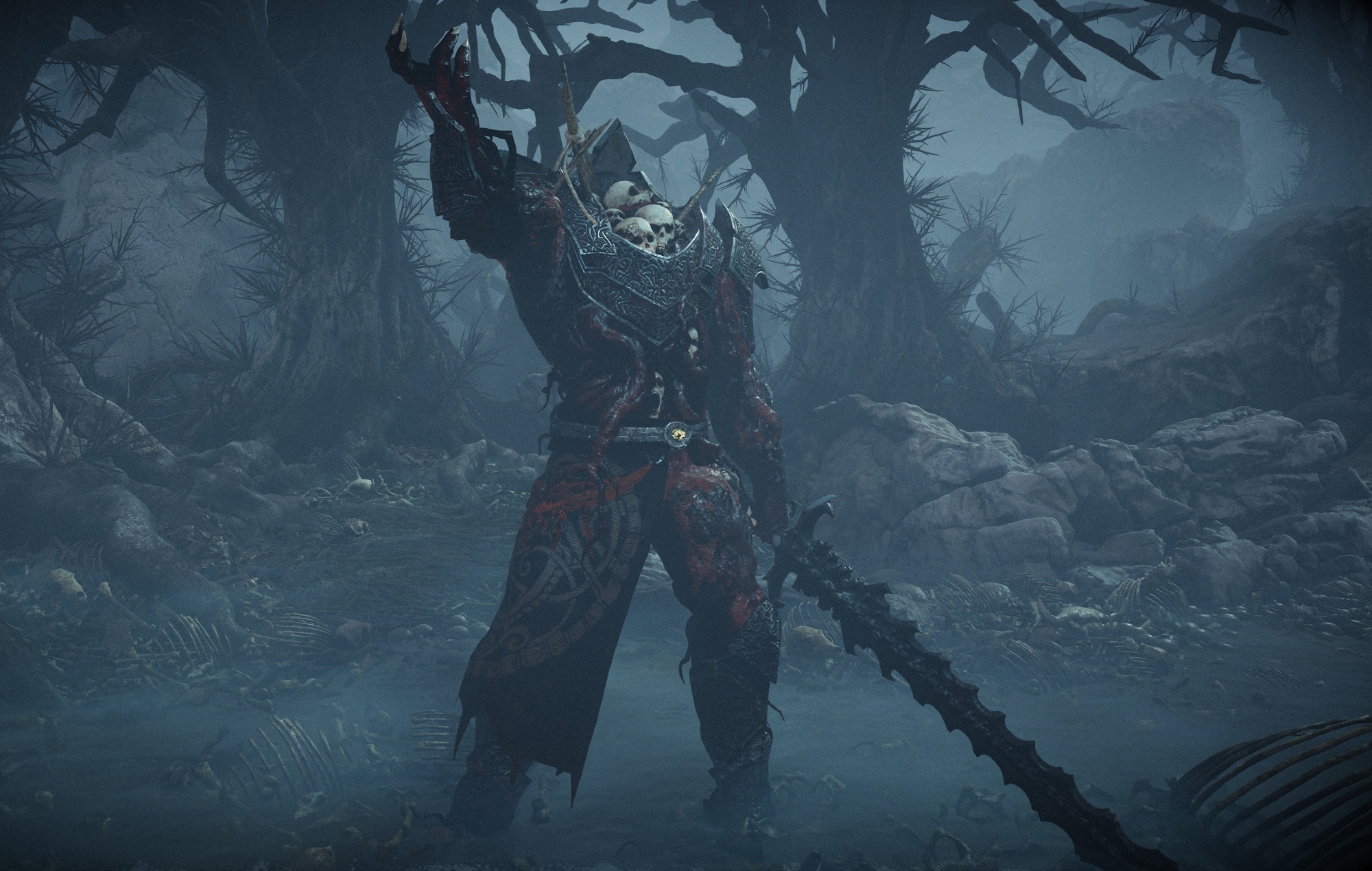

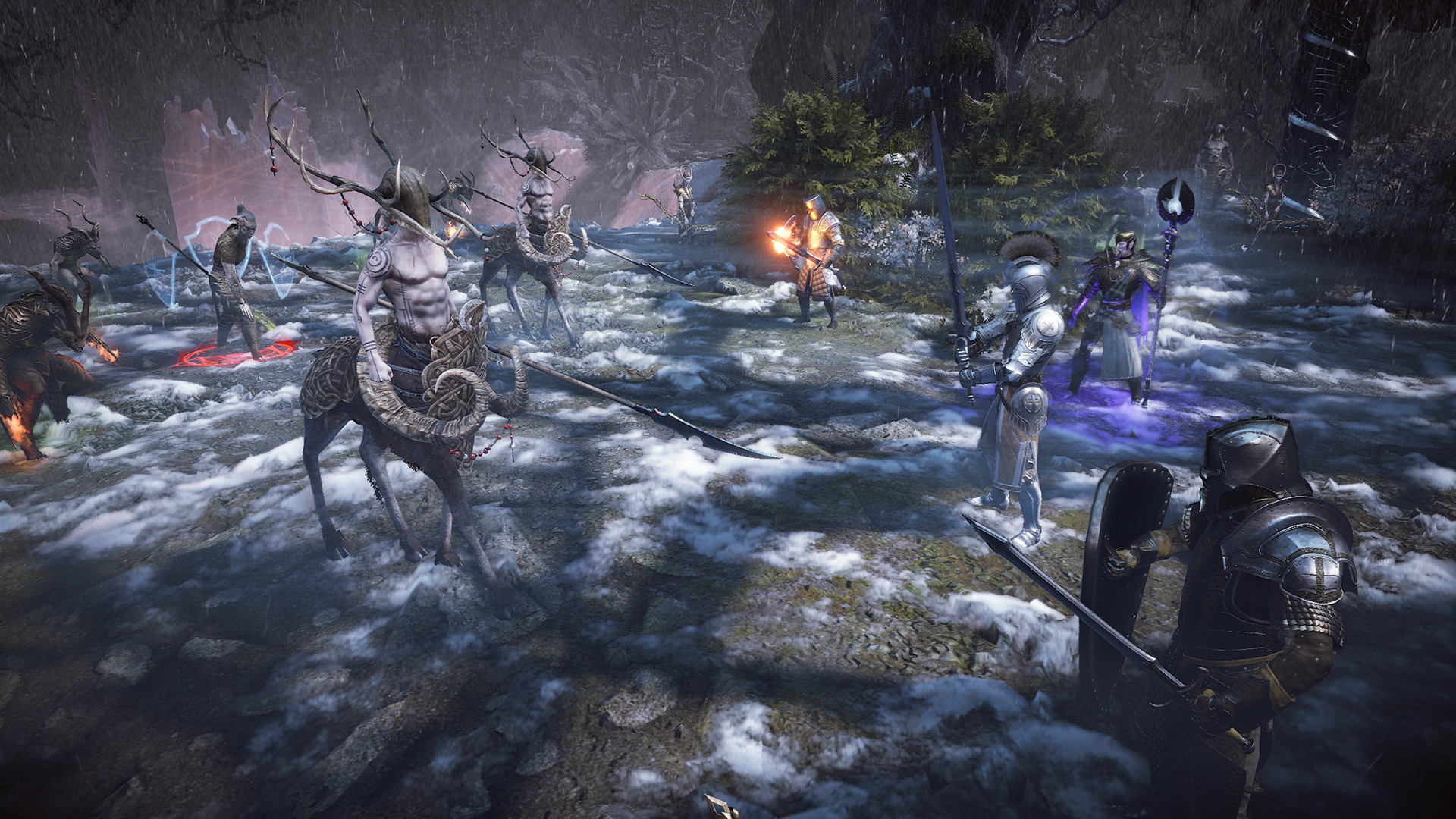
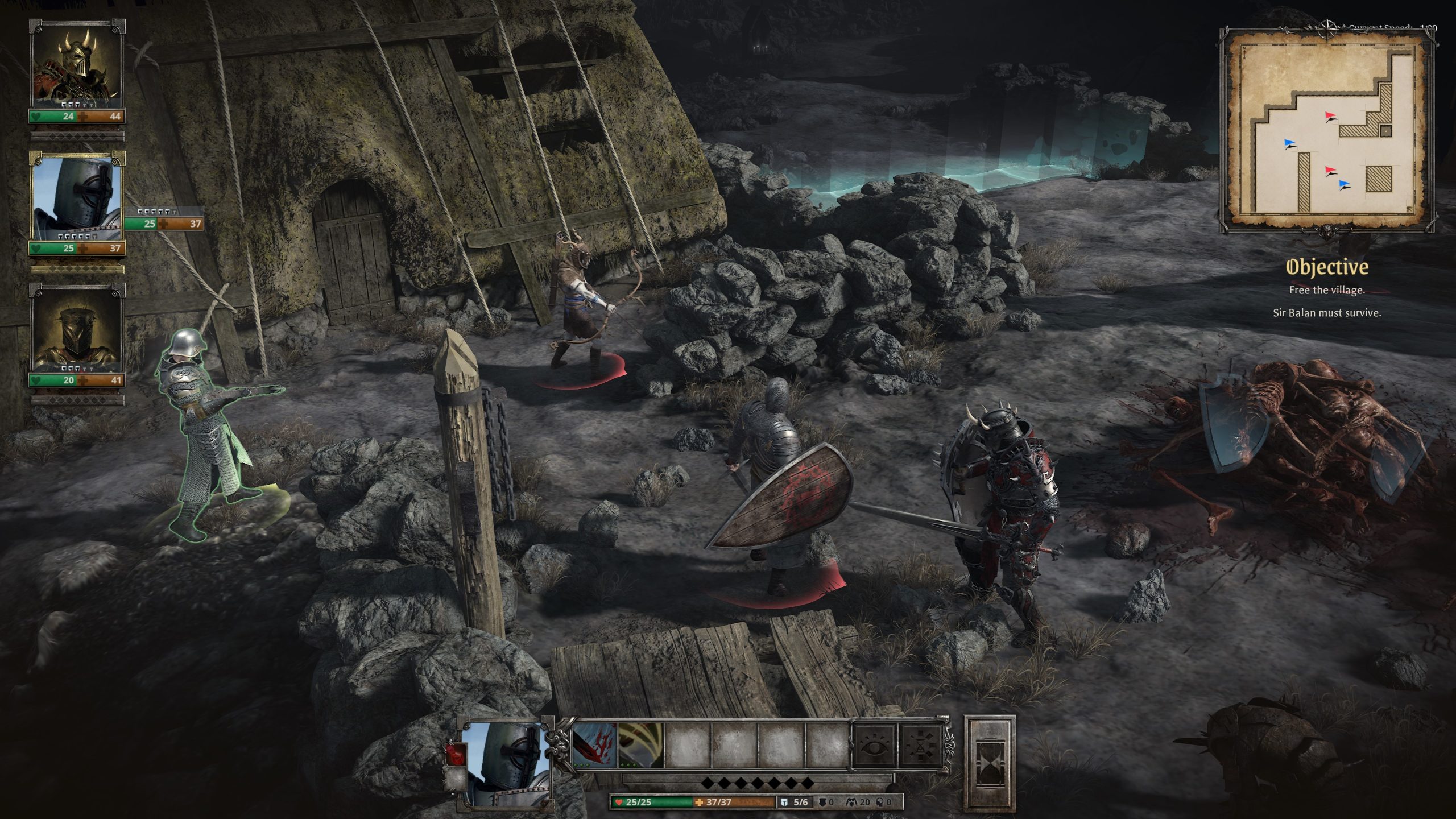
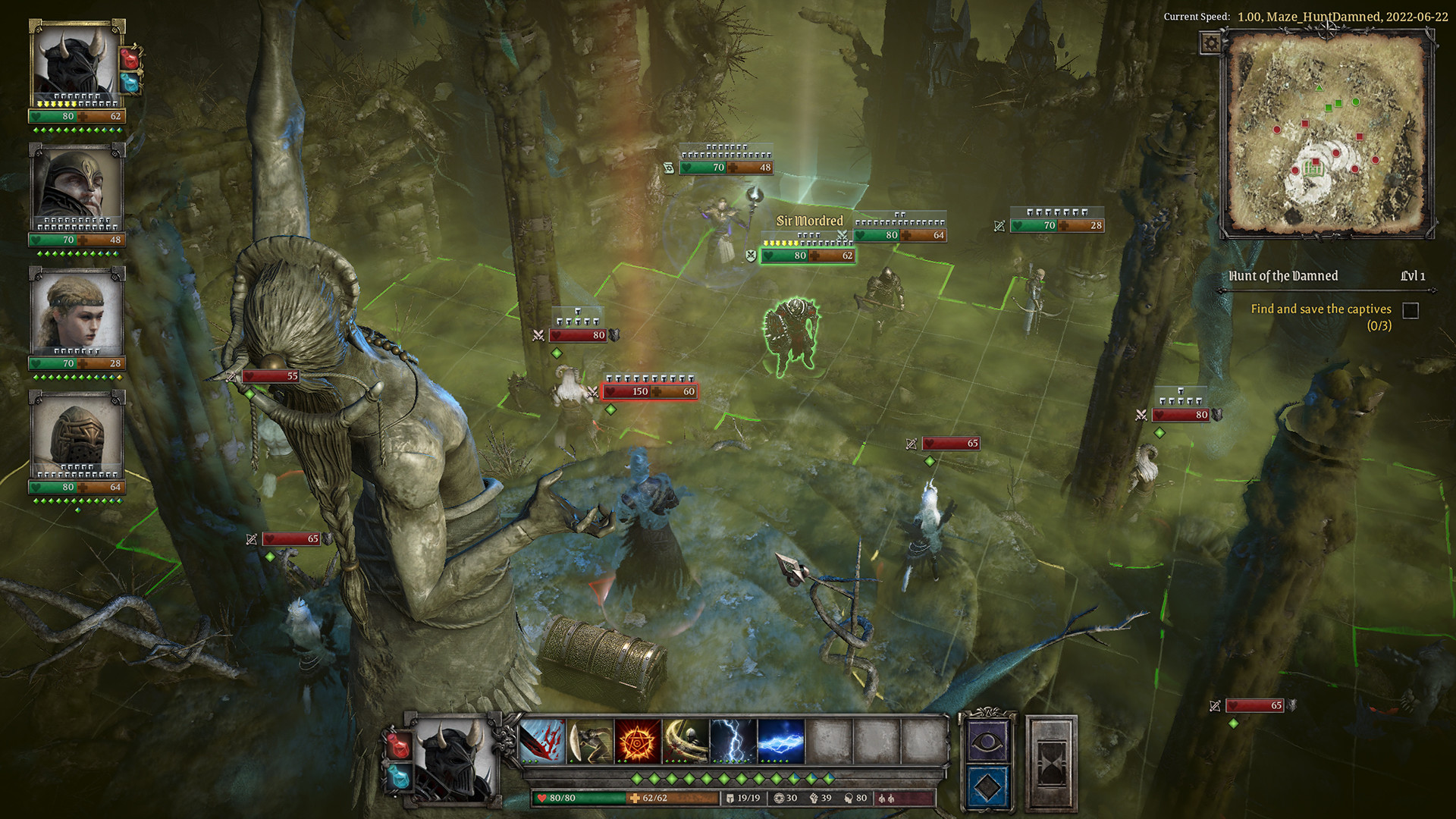
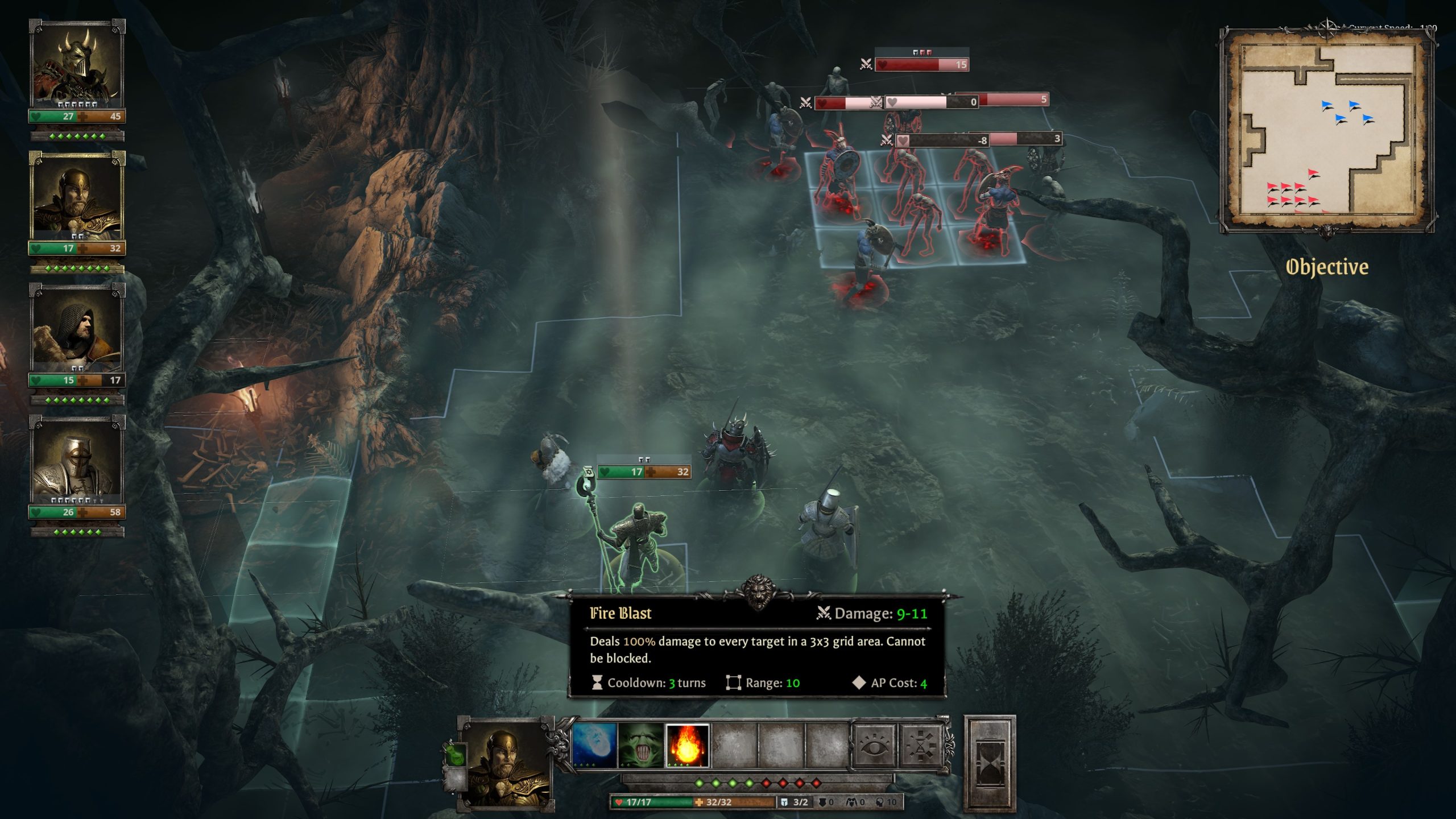






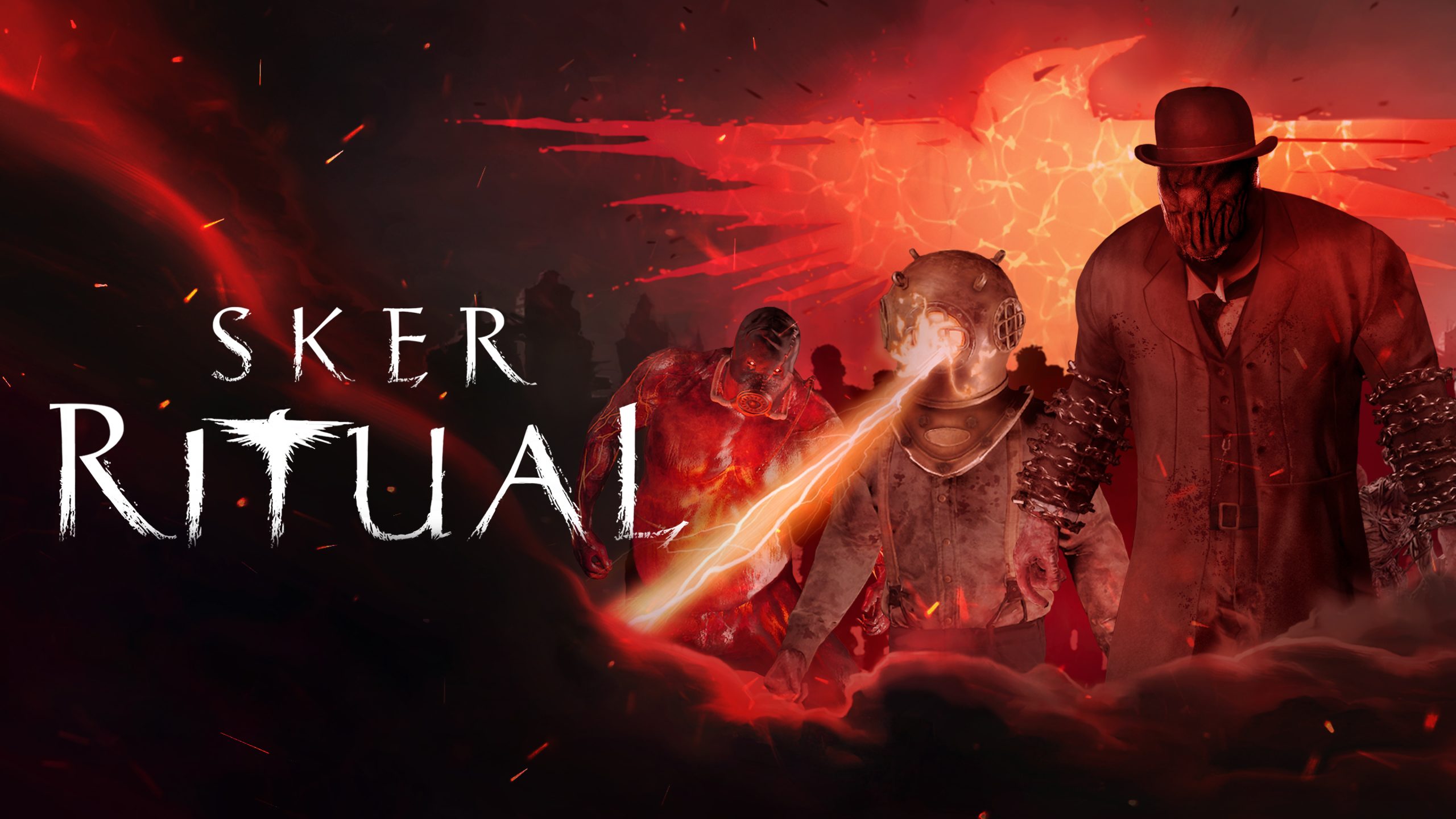





At least they didn’t make King Arthur an anime waifu in a porn game this time, right?
I too mourn the loss of color from medieval media, especially movies. Everything “medieval” is now washed out grey and patina color. Where the new fun, colorful and campy Robin Hood movies? Where’s the Avengers style Knights of the Round table? How come Chinese can make all their historical and fantasy shows gold and red while European setting ones all look like they were made in 80s Soviet Russia?
“At least they didn’t make King Arthur an anime waifu in a porn game this time, right?”
I’d be very bothered if they did that after claiming to be working with Arthurian legends, for sure. Thankfully that one that you’re referring to was a bunch of silly nonsense where the reference to Arthur started and stopped with the name and the bit of the world she came from.
But yeah, I grew up with stories of Arthur. The very first book I remember having was an illustrated book of kid’s versions of his stories. I learned a lot about how to read from those stories. “Knights in shining armour” is a sadly dead genre, it seems.
Regarding films, don’t get me started on Arthur, lol. When the best take on Arthur in the last few decades is an effort to turn him into some horselord from the far-flung regions of the Roman Empire and make some Gladiator-like film out of it, ya just know that things have gotten dire <_<